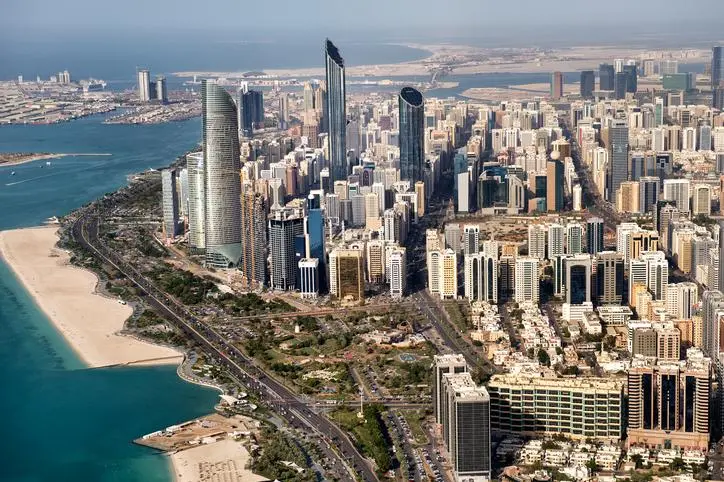PHOTO
ABU DHABI- The Statistics Centre Abu Dhabi, SCAD, recently released its annual national accounts report for 2018, in addition to the quarterly reports for the second and third quarters of 2019, where, cumulatively, the results showed a significant increase in Abu Dhabi’s gross domestic product, GDP.
The GDP at current prices reached AED932.4 billion in 2018, compared to AED813.6 billion in 2017, marking a growth of 14.6 percent. This rise was a direct result of the increase in oil GDP at current prices, which grew by 40.2 percent to AED388.5 billion in 2018, making up 41.6 percent of total GDP.
According to SCAD’s data, non-oil GDP at current prices increased from AED536.6 billion in 2017 to AED543.9 billion in 2018, achieving a growth rate of 1.4 percent, and contributing 58.3 percent of total GDP at current prices in 2018. Non-oil activities, meanwhile, recorded significant growth since 2008, as changes in economic activities during the past years helped accelerate the growth rates of the GDP at current prices.
In 2018, notable progress in several non-oil sectors was observed, including the manufacturing industries sector, one of the leading economic activities, which posted an annual growth of 8.1 percent. According to the results of the quarterly economic survey, Abu Dhabi’s GDP at constant prices increased 2.7 percent to AED204.9 billion in Q3 of 2019, up from AED199.5 billion for the same quarter of 2018.
Data also shows positive growth in the oil sector, and the majority of non-oil sectors, compared to Q3 of 2018, led by "transportation and storage", "electricity, gas, water supply" and "waste management" activities. In Q2 of 2019, Abu Dhabi’s GDP at constant prices increased by 5.2 percent to AED207.7 billion, compared to AED197.4 billion for the same period in 2018. Commenting on the growth witnessed by the emirate, Abdullah Ahmed Al Suwaidi, SCAD Acting Director-General, said, "Abu Dhabi’s GDP has shown significant growth at both constant and current prices across sectors, proving the effectiveness of the financial and economic policies formulated by Abu Dhabi’s wise leadership. Despite the fluctuations in the global economy, the Abu Dhabi economy has maintained its stability, thanks to the flexible economic diversification model adopted by the emirate."
Rashid Abdul Karim Al Balooshi, Under-Secretary of the Abu Dhabi Department of Economic Development, stated that the Abu Dhabi economy underwent significant improvements over the periods covered by the report, in Q2 of 2019, driven by growth in the oil sector. He pointed out that the emirate’s GDP results for Q2 of 2019 are the outcome of the directives of the Abu Dhabi government and its bid to achieve its strategic objectives.
© Copyright Emirates News Agency (WAM) 2020.





















